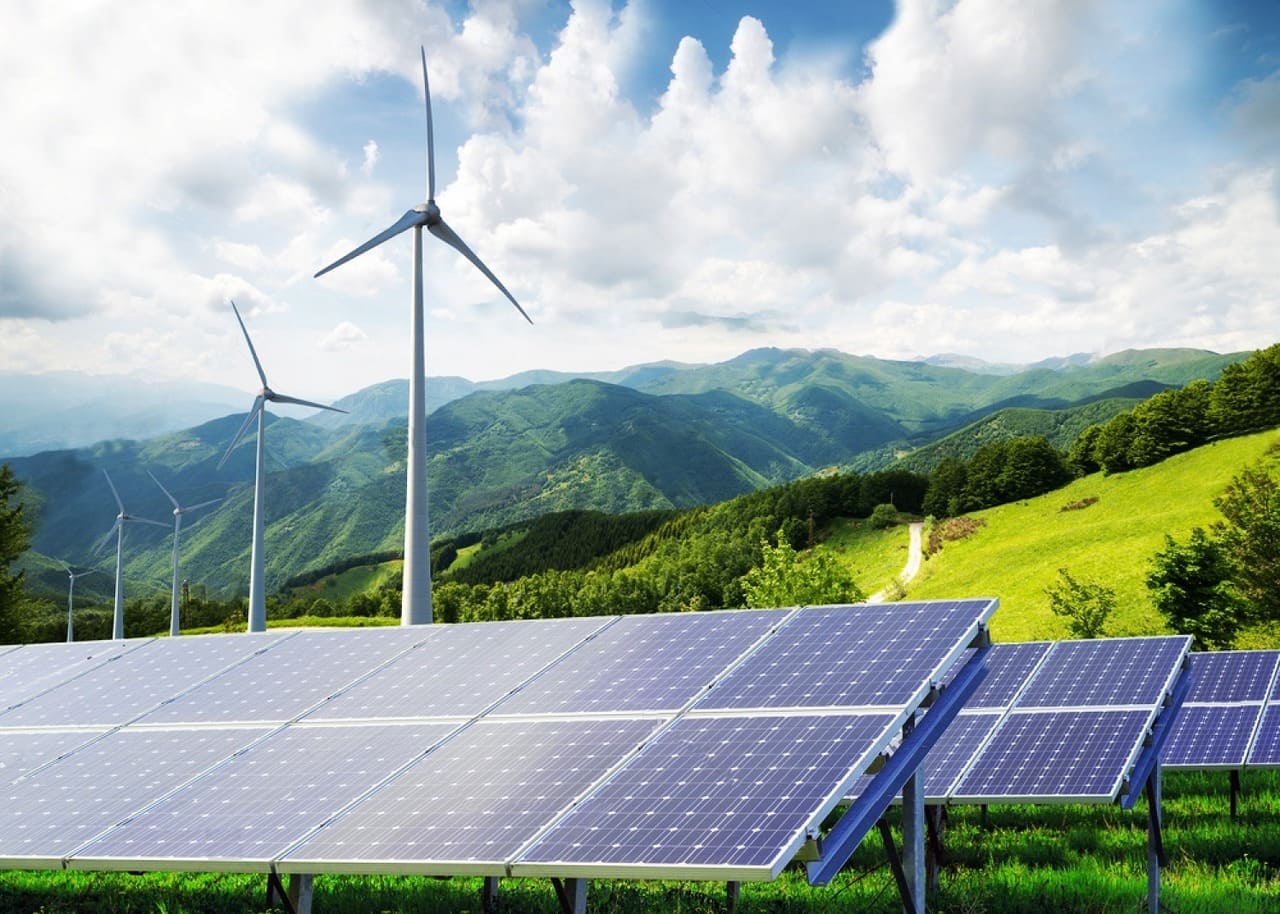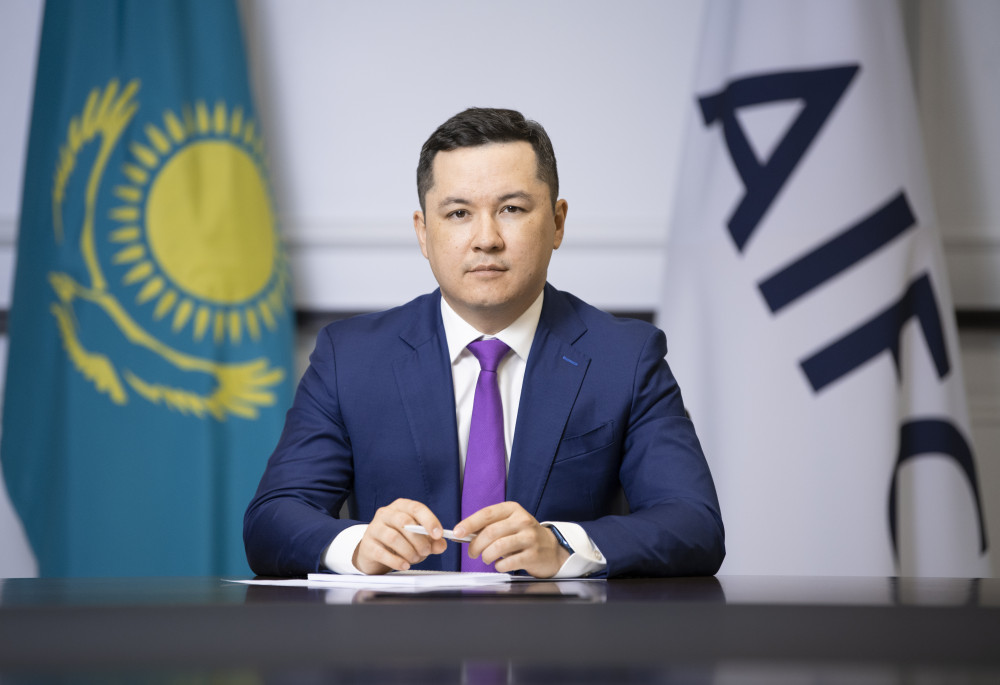The push for renewable energy is gaining momentum in Central Asia, with Uzbekistan and Kazakhstan positioning themselves as regional leaders. According to Renat Bekturov, Manager of the Astana International Financial Center (AIFC), the development of green energy is no longer a distant goal but an urgent priority. Speaking to Daryo.uz, Bekturov emphasized that international investment in renewable energy, rather than reliance on government budget funds, offers a sustainable path forward for both nations.

Potential for Attracting Investment
Bekturov pointed out that Central Asia, particularly Uzbekistan and Kazakhstan, has immense potential for attracting global investment in green energy projects.
“We are already witnessing a surge in renewable energy initiatives, especially in Uzbekistan, where several large-scale projects have been launched,” he said.
Companies such as ACWA Power and Masdar are actively involved in wind energy projects across both countries.
The region’s geography—rich in both wind and solar resources—makes it ideal for renewable energy generation.
“It is inevitable that we will have to increase our renewable energy capacity,” Bekturov noted, stressing that the time for this shift is now, as climate change accelerates.
Importance of Infrastructure Development
Bekturov also highlighted the importance of developing green infrastructure and transport networks in Kazakhstan.
"Kazakhstan’s strategic location and geopolitical situation mean that investments in renewable energy infrastructure are critical to achieving carbon neutrality," he explained.
In Uzbekistan, large-scale solar and wind power plants are under construction, attracting foreign investors and laying the groundwork for a more sustainable energy future.
However, Bekturov warned that infrastructure must keep pace with energy production.
“We need a network to deliver energy, both to domestic and international consumers. This means investments are required not just in energy generation but also in transmission networks,” he noted.

Challenges and Opportunities
One of the main challenges in the energy sector is the cost to consumers, particularly in terms of tariffs.
“Developing countries, including ours, face the same issues—energy production costs impact consumers,” Bekturov said.
This is where international development institutions, Arab funds, and private investors come into play. Bekturov stressed that relying solely on government budget funds, especially the National Fund, is not sustainable.
Regional Cooperation in Green Energy
Bekturov also stressed the potential for collaboration between Kazakhstan and Uzbekistan in the energy sector. The two countries could benefit from their cyclical energy demand patterns, which vary daily and seasonally.
“Strengthening the connections between our energy networks could lead to the creation of a unified energy market in Central Asia. When demand is high in one country, the other may have an energy surplus, and vice versa,” he explained.
By working together, Uzbekistan and Kazakhstan could ensure a more stable and sustainable energy supply, creating a win-win scenario for both countries and the region as a whole.
For Uzbekistan and Kazakhstan, the future of green energy lies in attracting international investment, developing robust infrastructure, and fostering regional cooperation. As Bekturov emphasized, relying on budget funds alone is not feasible. Instead, international partnerships and private investments will drive the transition to renewable energy, ensuring sustainable growth and energy security for both nations.
Follow Daryo's official Instagram and Twitter pages to keep current on world news.
Comments (0)